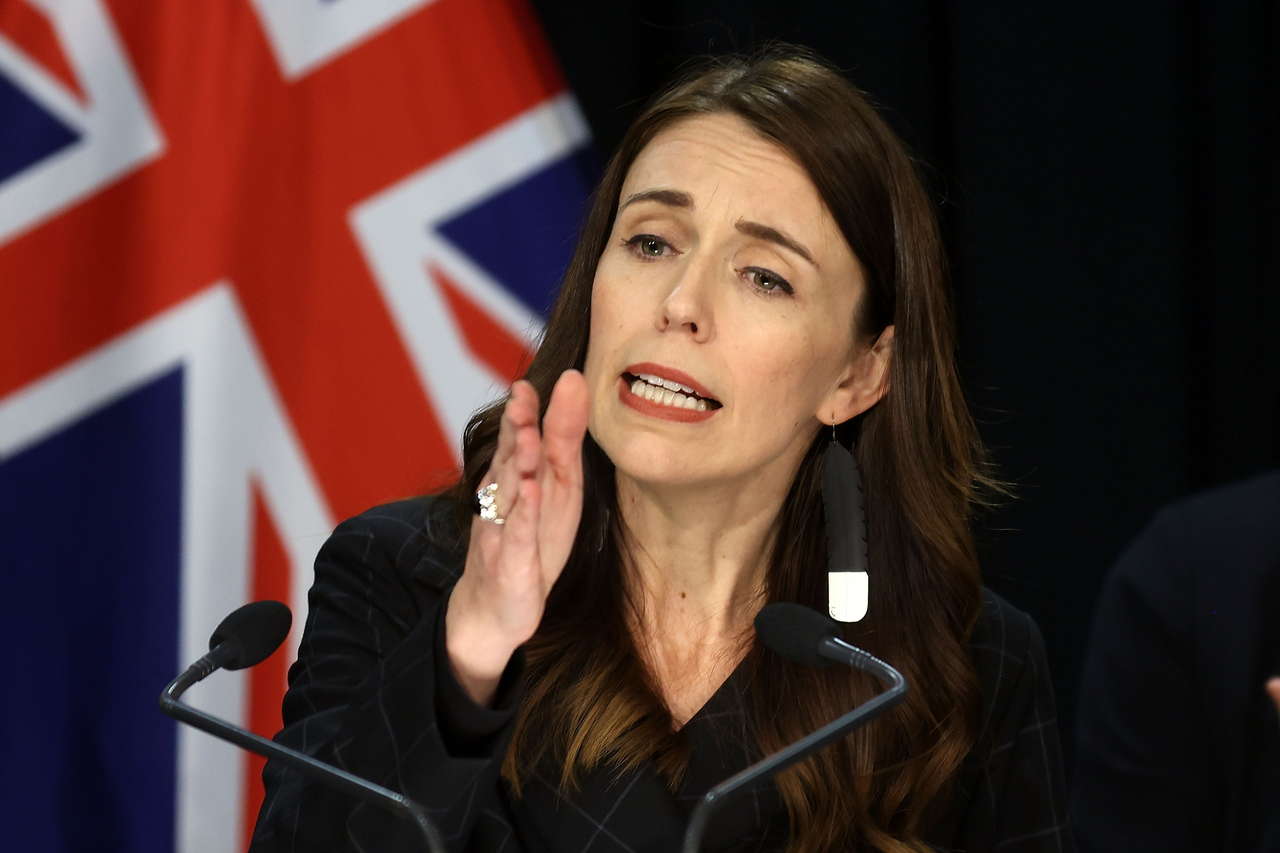New Zealand PM expects borders to stay shut for much of 2021 due to Covid-19
Sign up now: Get ST's newsletters delivered to your inbox

Prime Minister Jacinda Ardern said New Zealand would continue to pursue travel bubbles with Australia and Pacific island nations.
PHOTO: AFP
Follow topic:
WELLINGTON (AFP) - New Zealand's borders are likely to remain closed for much of the year as health officials assess global vaccine roll-outs, Prime Minister Jacinda Ardern warned on Tuesday (Jan 26).
Ms Ardern said the emergence over the weekend of New Zealand's first case of community transmission in more than two months showed that the danger Covid-19 still posed to a nation hailed for its response to the coronavirus.
She said her government would not re-open its borders - which have been effectively closed to all but returning citizens since March last year - while the pandemic was still raging worldwide.
"Given the risks in the world around us and the uncertainty of the global roll-out of a vaccine, we can expect our borders to be impacted for much of this year," she told reporters.
Still, Ms Ardern said New Zealand would continue to pursue travel bubbles with Australia and Pacific island nations, which have also been largely successful at keeping out or containing the virus.
Plans to open a travel bubble by the end of March were thrown into question when Australia suspended quarantine-free travel for New Zealanders in response to the latest case of community transmission.
Ms Ardern said the case - a 56-year-old who recently returned from Europe - was "well under control" and criticised Australia for re-imposing quarantine for New Zealanders.
The centre-left leader said she made her feelings known in a call on Monday with Australian Prime Minister Scott Morrison.
"If we're to enter a trans-Tasman travel bubble, we need to give people confidence they won't see border closures at very short notice over incidents that we believe can be well managed domestically," she said.
Officials in Canberra on Monday said the restrictions on New Zealanders were being imposed "out of an abundance of caution".
New Zealand Health Minister Chris Hipkins said 15 close contacts of the infected woman had tested negative for the virus, which has been identified as the more contagious South African variant.
He said investigators were probing how the woman was infected during her compulsory two-week quarantine, including the possibility that it spread through the hotel's air-conditioning system.

